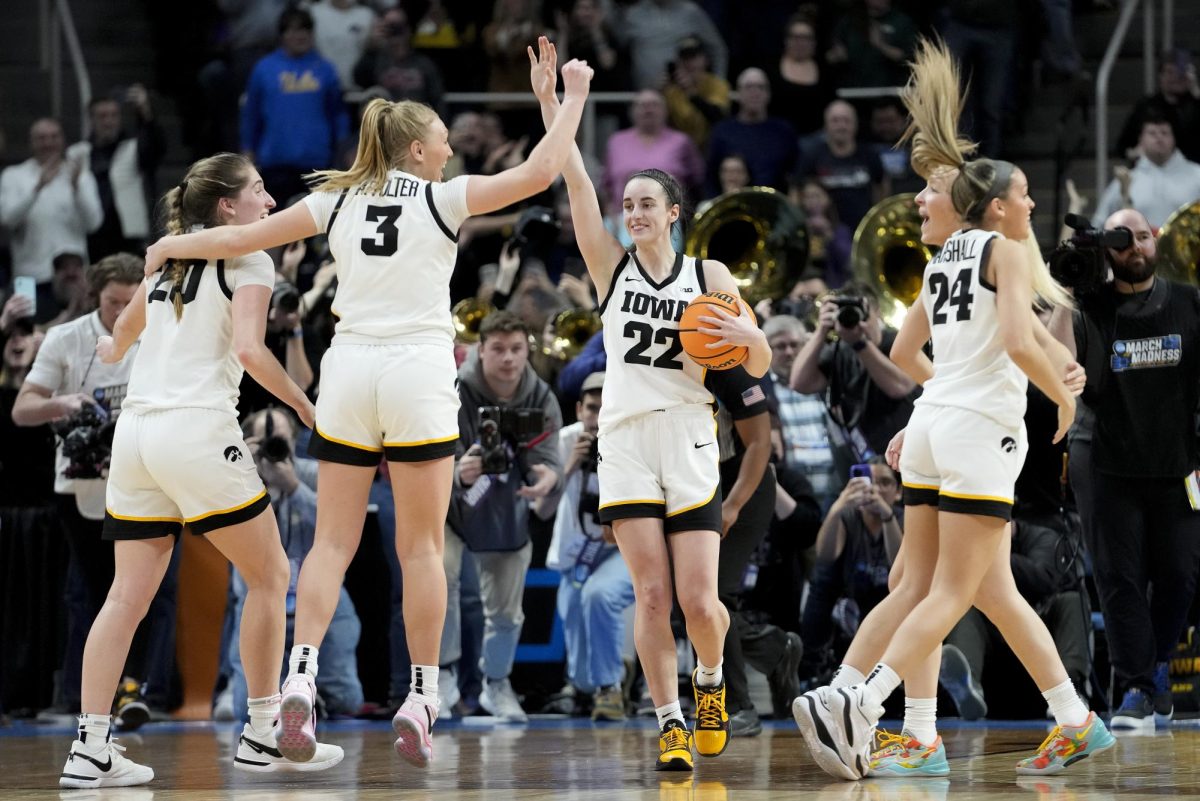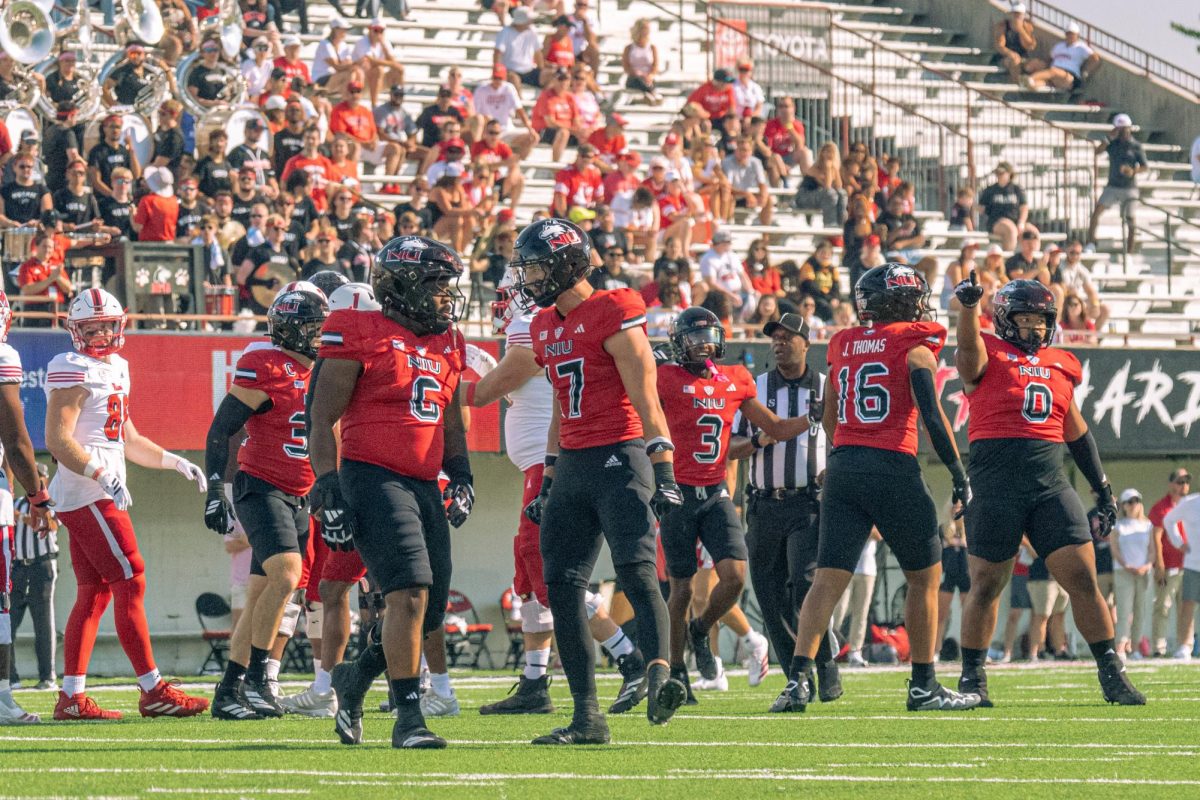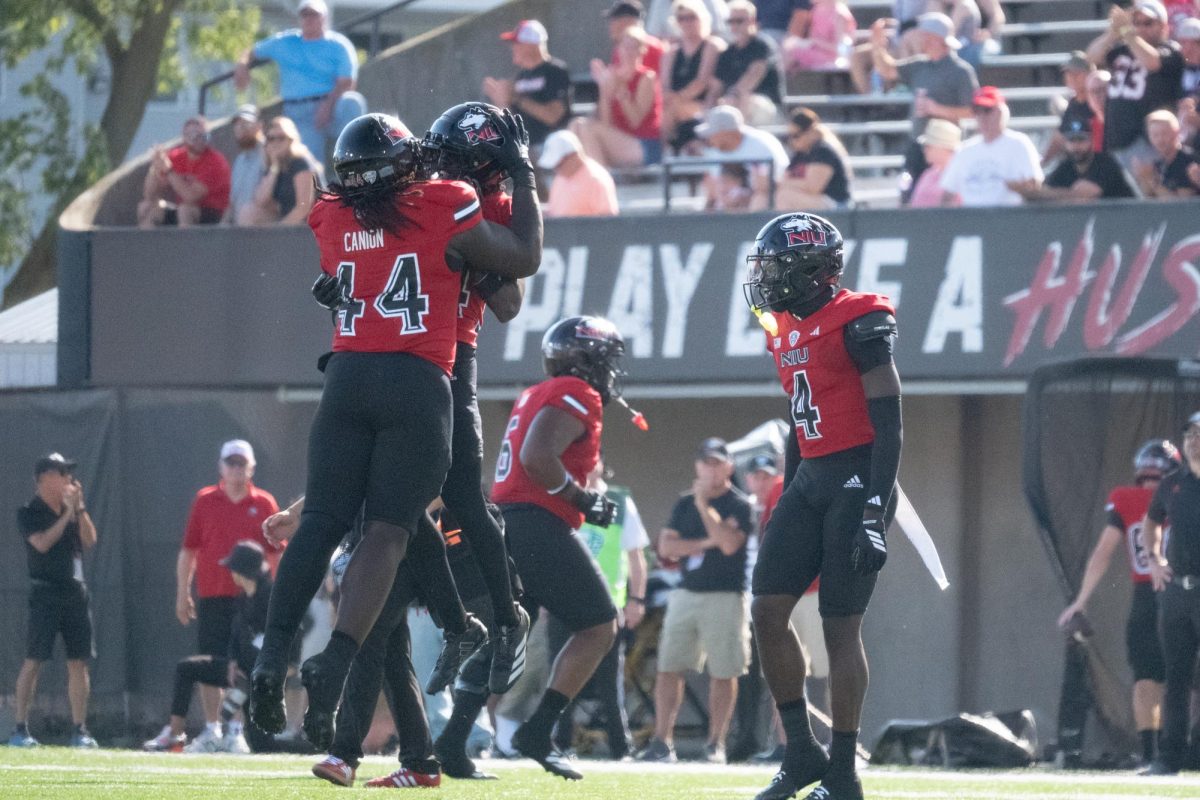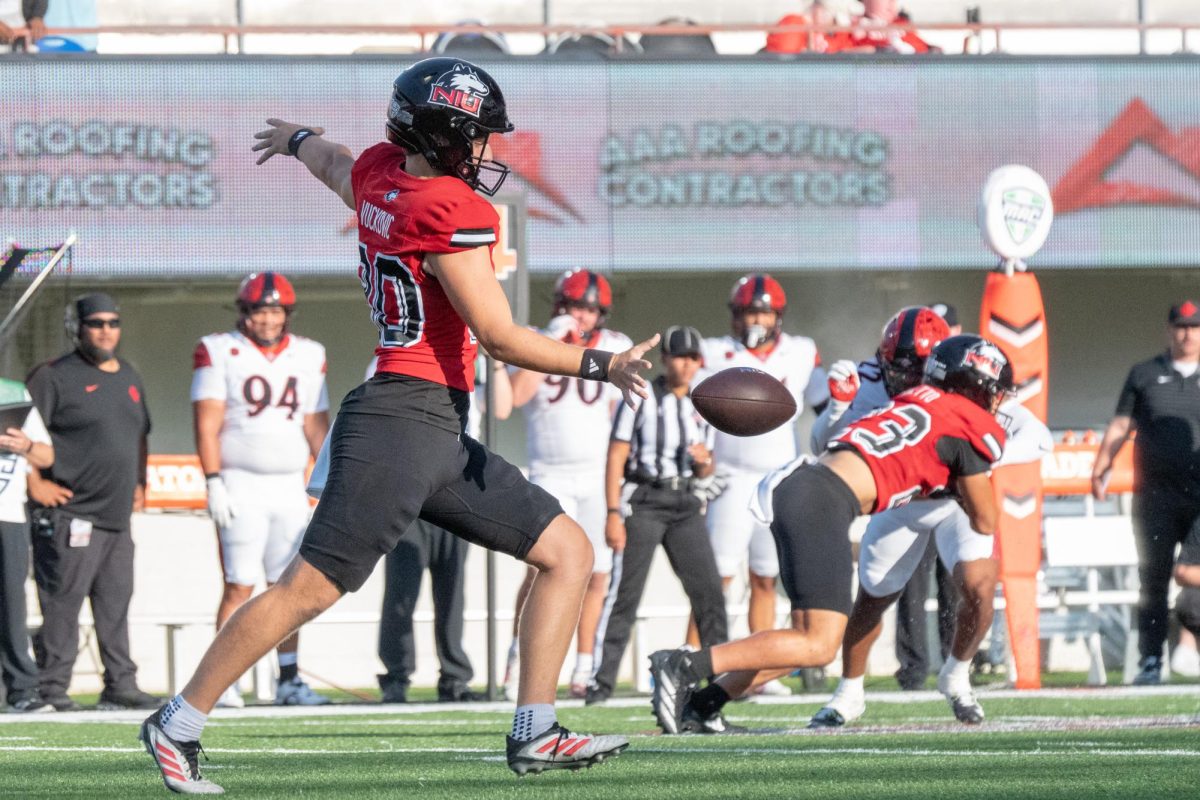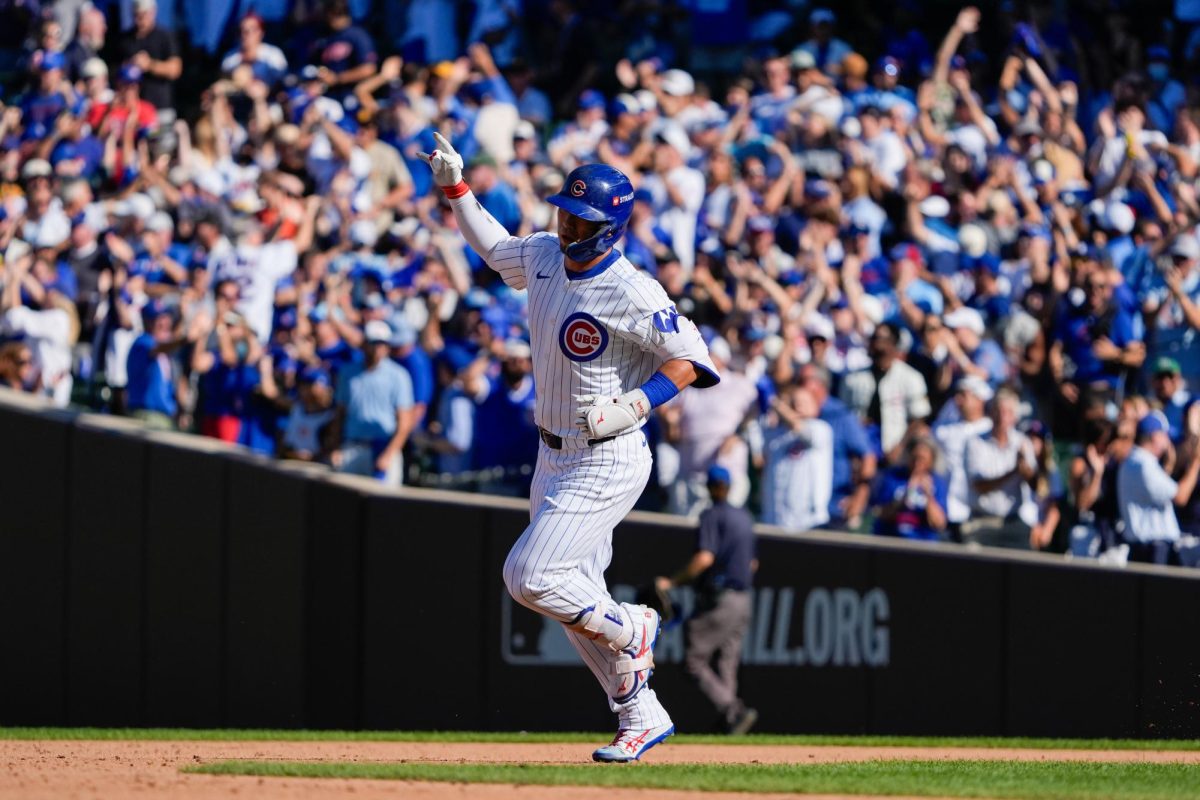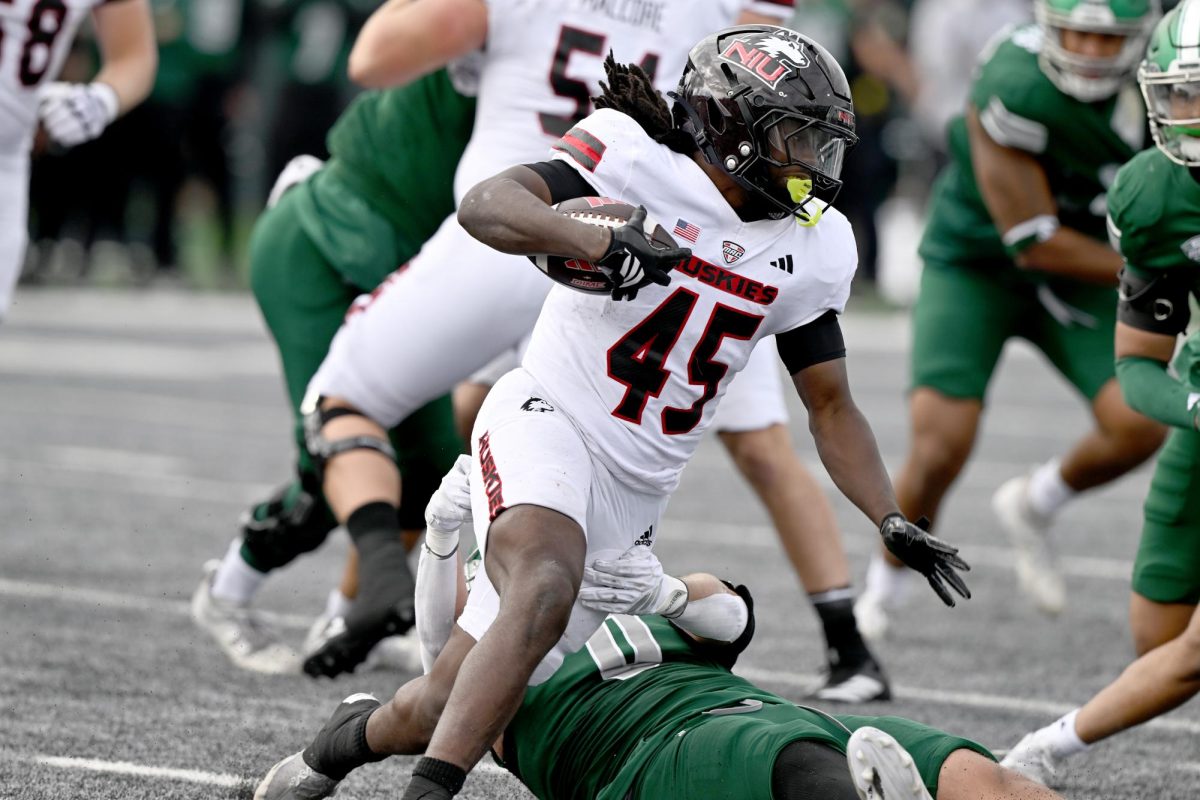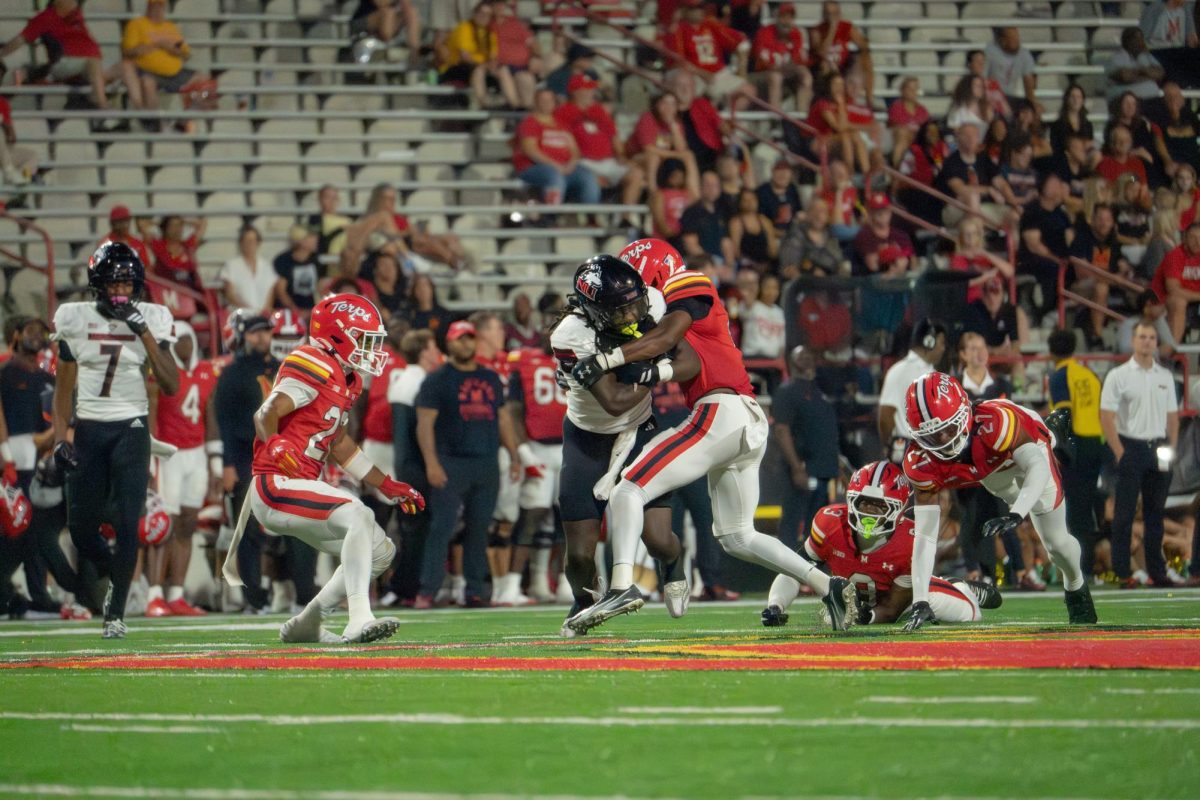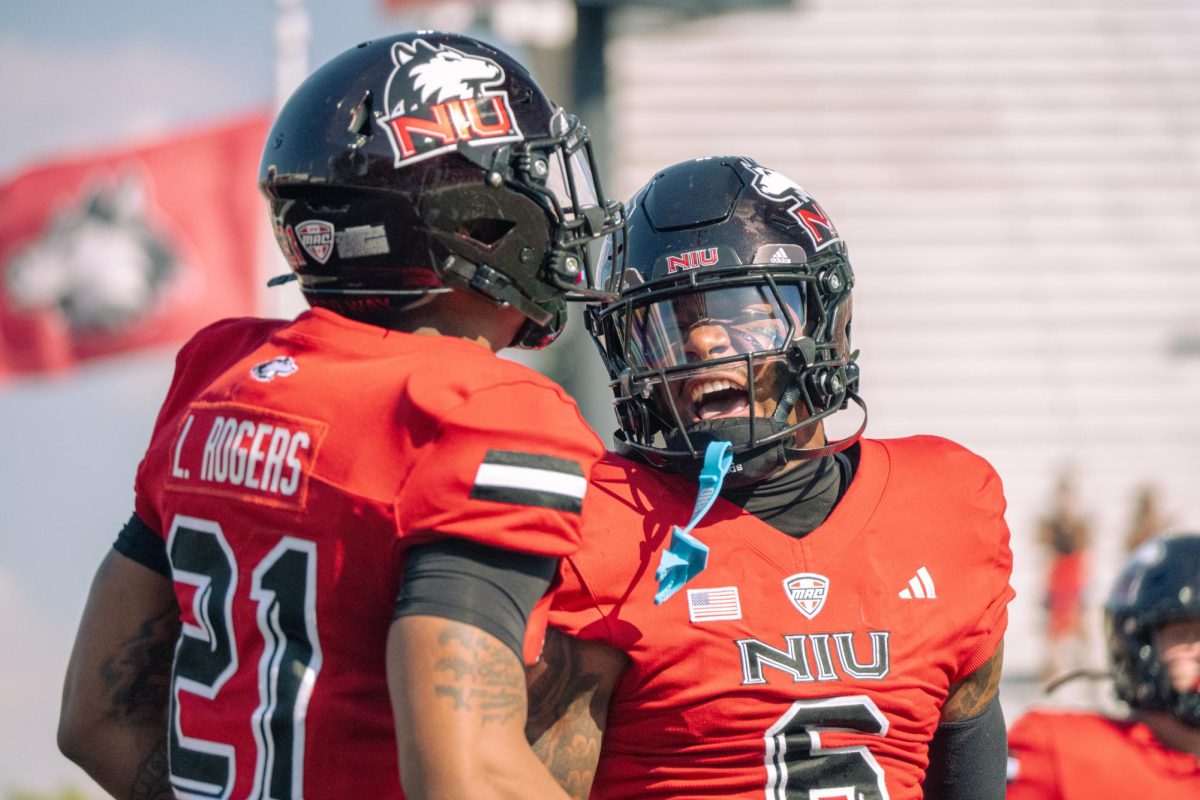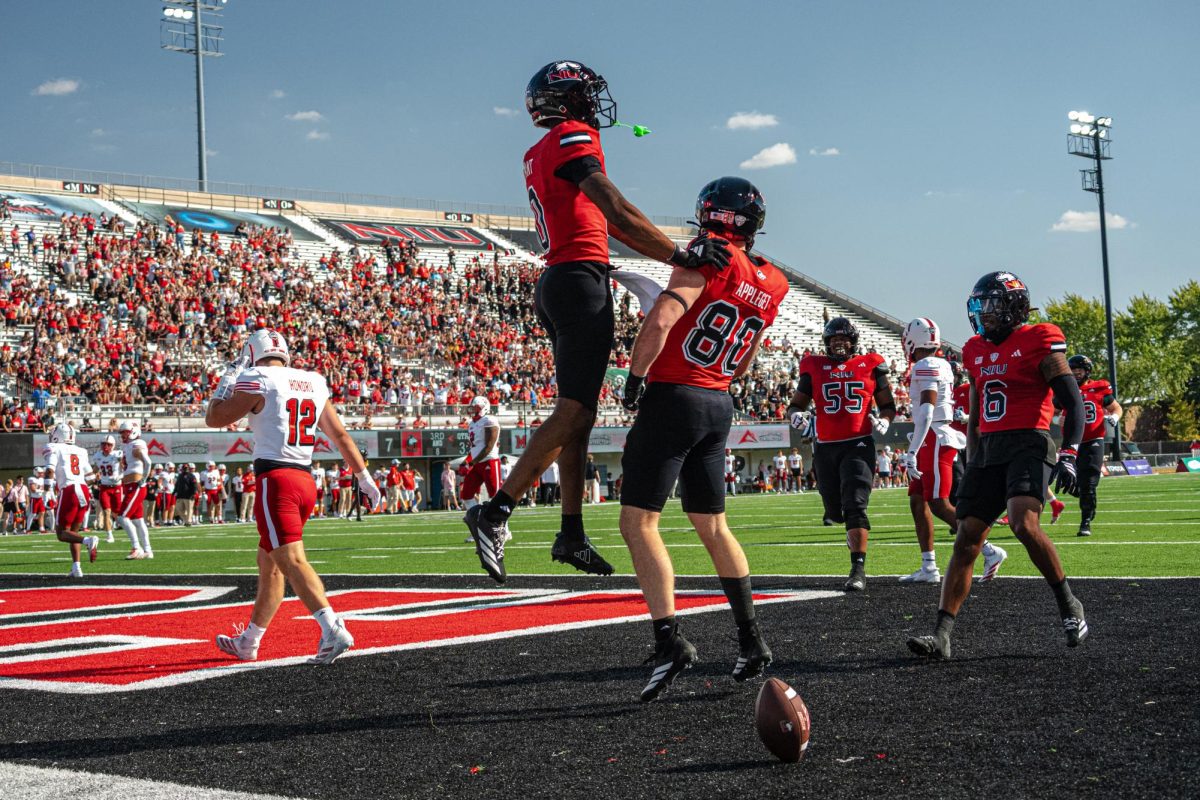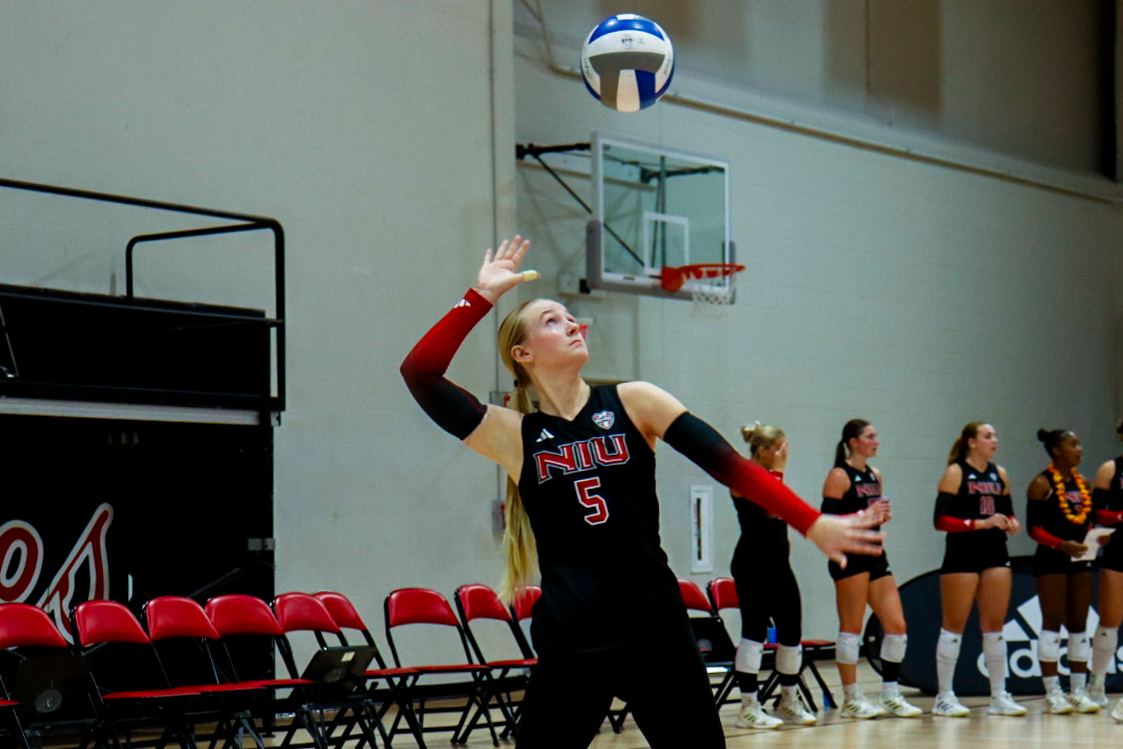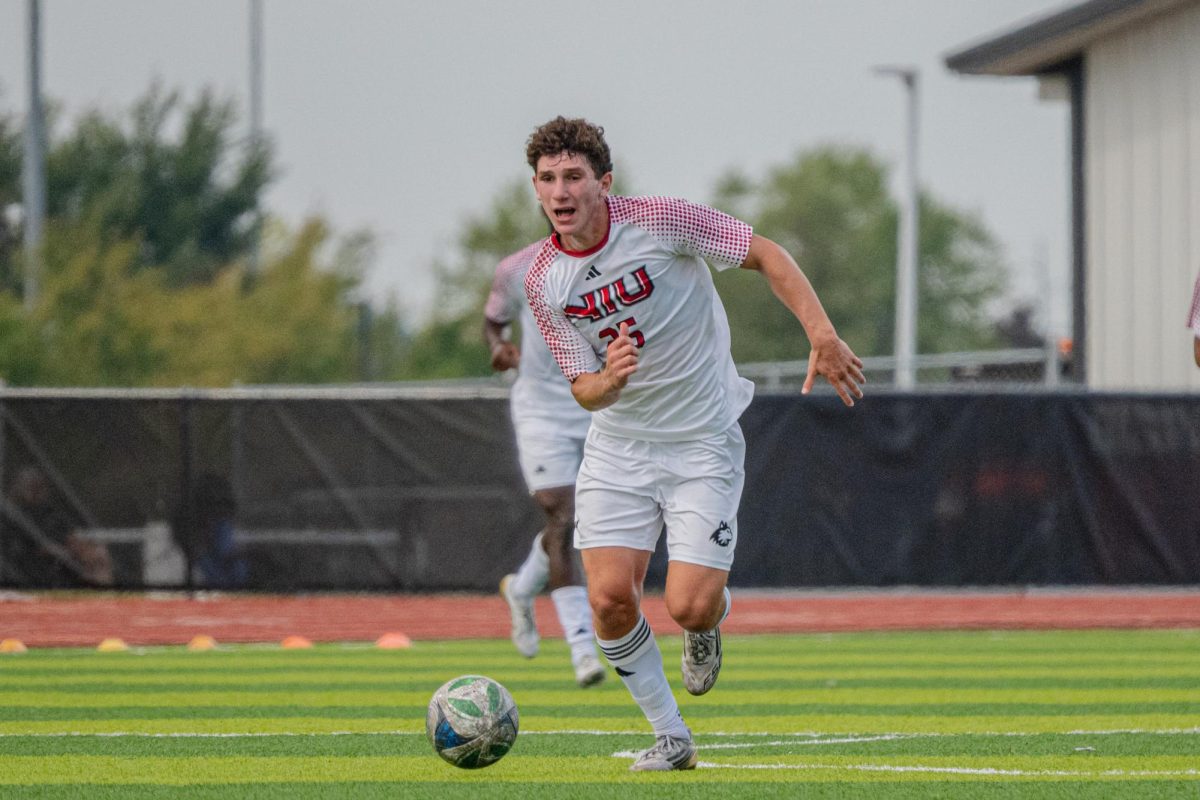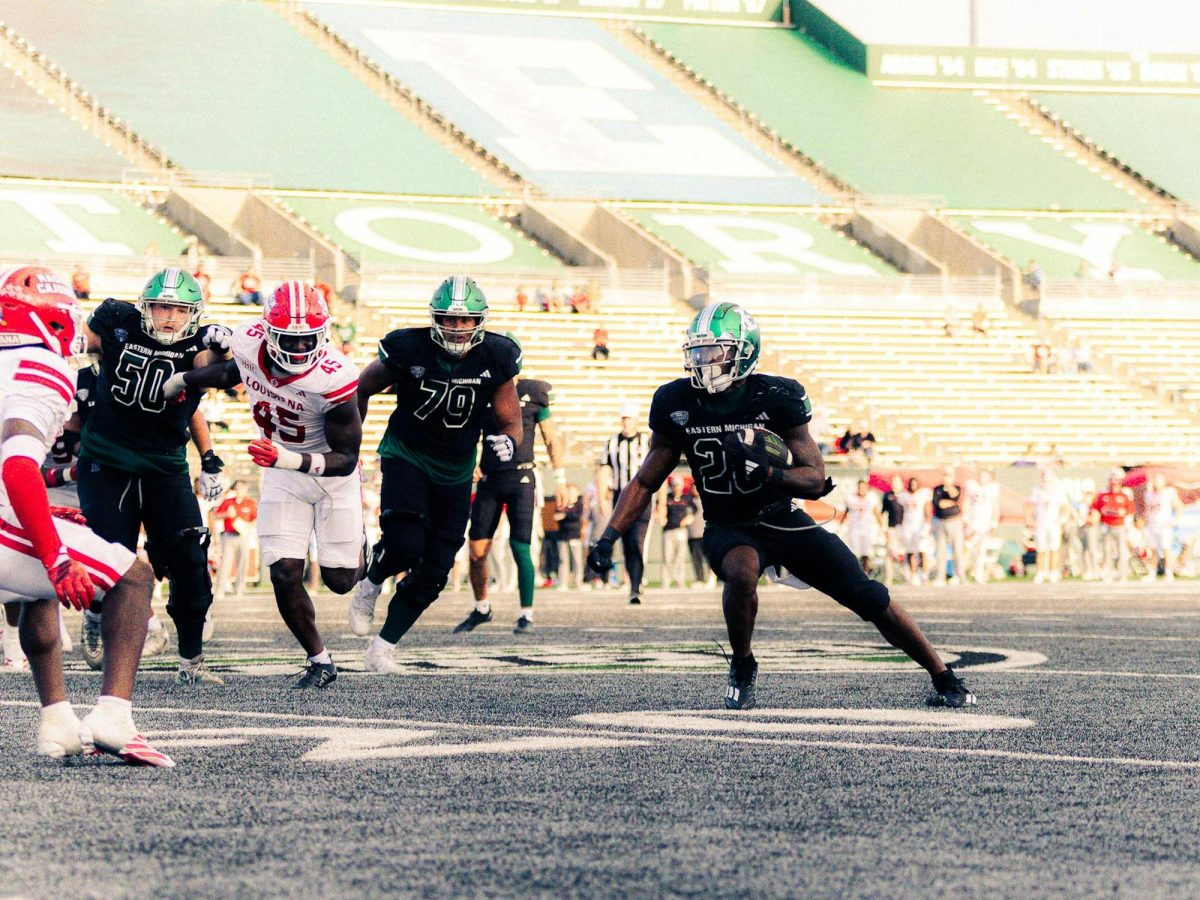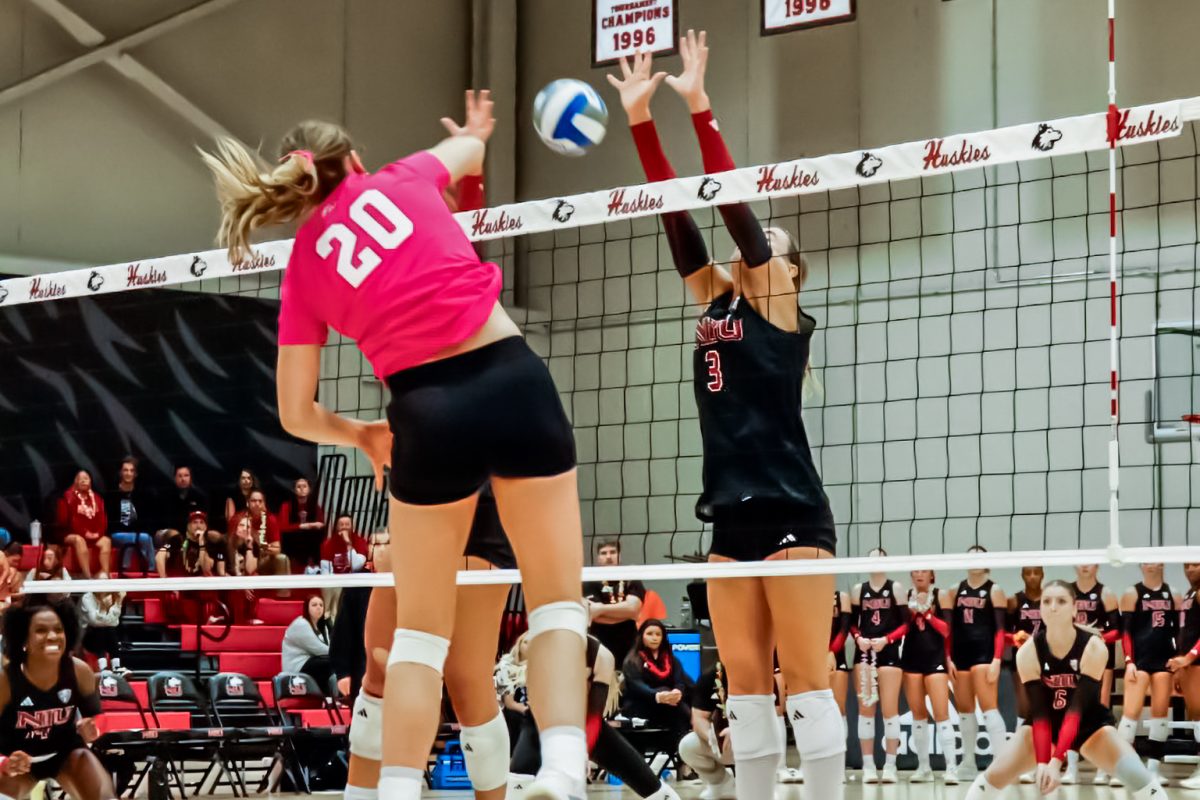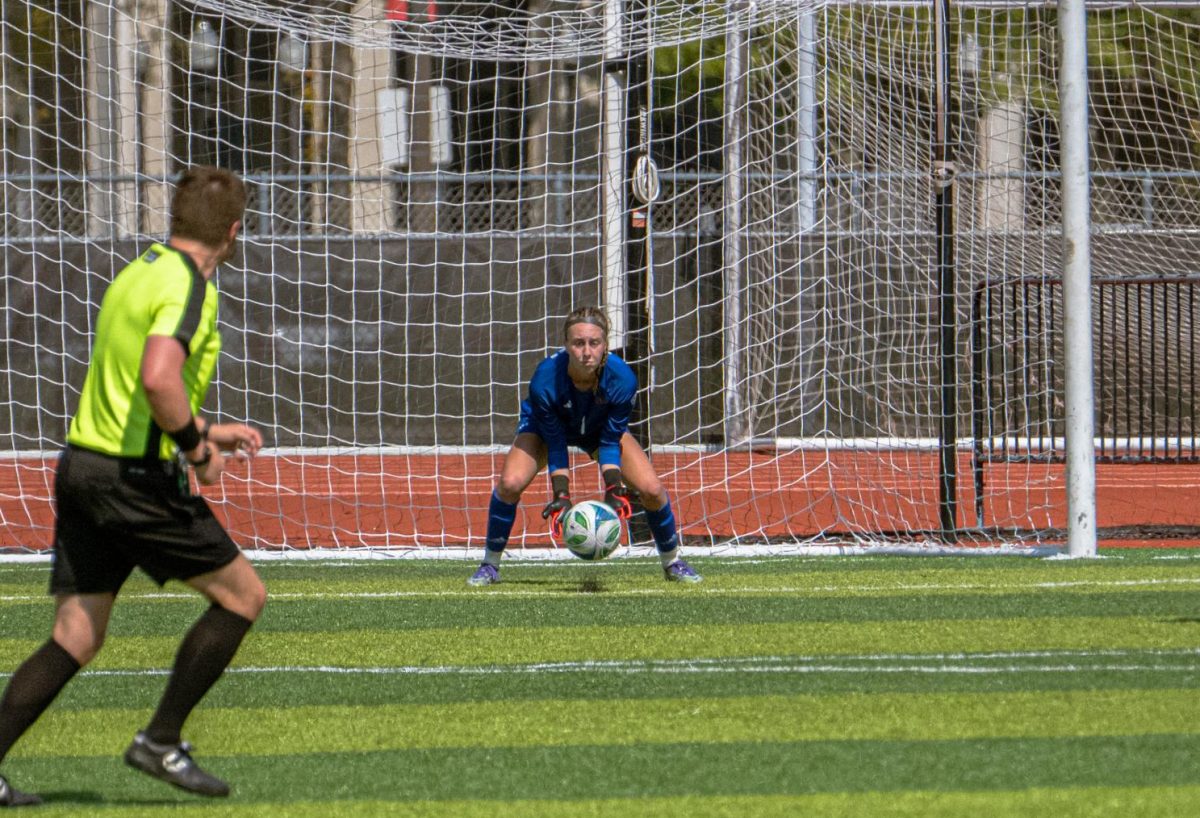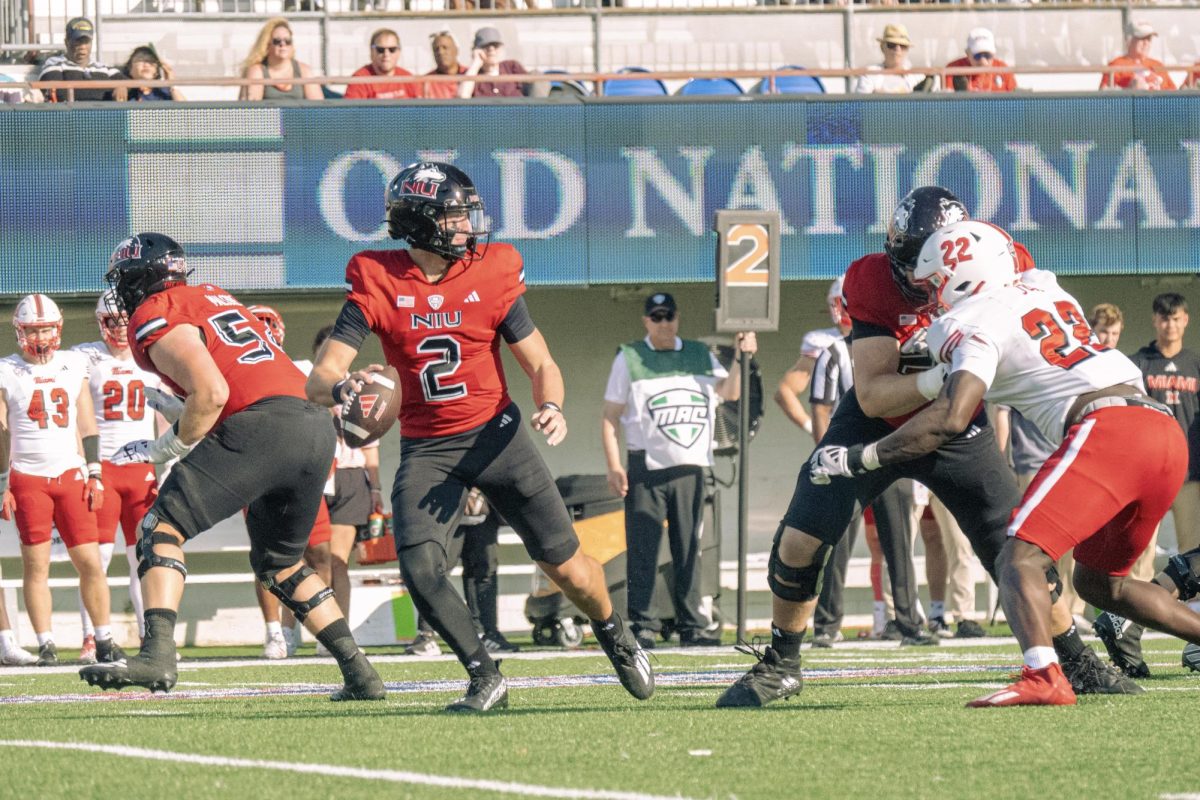Sports are a huge part of modern popular culture. They serve as entertainment for fans and give the athletes involved something to work for as they aspire to reach new heights. There is, however, a problem within sports culture and how it pertains to female athletes. They are too often disrespected and underappreciated.
Female athletes work incredibly hard at their craft and, despite that, rarely get the respect they deserve for it. They are seen by some fans as inherently lesser than male athletes, and their work is often diminished because of constant comparison. This is incredibly unfair and demeaning.
The feeling of disrespect is echoed by many female athletes across the world.
Examples of that disrespect can be seen on posts about women’s sports from major sports outlets.
Pages like ESPN and Bleacher Report often have comment sections littered with discrediting comments. This trend of hating female athletes is unwarranted and rooted in sexism.
Online harassment isn’t rare for female athletes. One study found 87% of Australian women with sports experience encounter some form of hate on the internet, according to a study by Deakin University.
It’s not just fans who contribute to the issue.
Organizations such as the NCAA also perpetuate a poor perception of female athletes by, in many instances, treating them as lesser.
There was outrage in 2021 when University of Oregon women’s basketball player Sedona Prince posted a video showing the poor equipment their team was given to work with during that year’s March Madness tournament compared to the men’s.
This example reflected the bigger problem with the NCAA and other organizations throughout the sports world: they simply give less care to women’s sports. This lack of concern is reflected in the fanbase and part of why fans are so dismissive of female athletes.
The devaluing of women’s sports comes from the devaluing of women as a whole in our society.
Bill Cassidy, a journalism instructor at NIU, is someone who has been involved in sports media and has researched the representation of the similarly marginalized groups of gay and lesbian athletes inside that media. He said this harmful perception comes from a concept known as hegemonic masculinity.
“It’s this false idea that men are inherently better and should be held in a higher regard,” Cassidy said. “While there have been steps in the right direction, that same ideology that men are more important than women continues to persist.”
This harmful idea pushes the consistent disrespect of women athletes. This is a problem because it discriminates against a huge number of athletes and may discourage young women from becoming involved in sports. It also continues a culture of negativity, something that needs to be changed because it should have no place in sports.
Dawn Norwood, an NIU sports management professor, said leveling the field for women starts with breaking the constant comparisons between men and women as a whole, especially in young men.
“If you start early not to differentiate and make one sex better than the other or more important than the other, and you show that these are athletes as well, I think that’s when you’ll be able to see the growth,” Norwood said.
This difference in approach would be incredibly important and could help in the pursuit of getting fans and organizations to treat women athletes with the respect their level of hard work deserves. There should be positivity and praise given to them as opposed to hate.
When women display greatness, it should not be minimized. It should instead be encouraged and lauded, just as greatness is for men.
Women’s sports deserve much more respect. There are prominent female athletes like basketball player Caitlin Clark and tennis player Coco Gauff who are pioneering with their talent and popularity, but there’s still a long way to go until the positive perception of female athletes is to the level they deserve.


